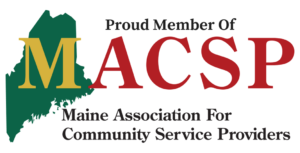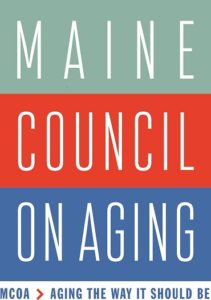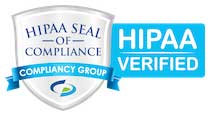Shared Living Provider FAQ
What is Shared Living?
Shared living is similar to foster care for adults with an Intellectual/Developmental disability and/or Autism diagnosis. A shared living resident becomes part of the fabric of the provider’s family, home, and community. Shared Living Providers support their client(s) with daily living skills, personal care, organization and scheduling of appointments, transportation, community inclusion, interpersonal skill development, and a host of other supports. Many people hosted by a shared living household also attend community support programs and work.
The client’s guardians and families are encouraged to remain actively involved with and provide support and guidance to their family member and their shared living provider(s). It is sometimes appropriate for a family member to become the shared living provider. Shared living providers are caring, compassionate people who open their hearts and homes to support others. Shared Living services are specific to each client’s needs.
What are the benefits of supporting people in a shared living arrangement?
Shared living closely replicates a private home experience. Providers open their homes, and offer support, friendship, companionship, and opportunities for growth. Providers are provided free training and receive a generous tax-free, monthly stipend for their home-based care and supports.
Shared living providers are all different, just as clients are all different:
Becoming a successful shared living provider depends on what the person with a disability is looking for. People’s ideal living situations vary – from traditional family scenarios with children, to living with a single housemate. It is all about the match!
Do I need to own a house to be a Shared Living Provider?
No. As long as your home meets environmental requirements - as determined through an Assistance Plus home assessment - as a good place for the person to live, you can either rent or own your home.
Do I have to be a Assistance Plus Employee to be a Shared Living Provider?
No. Shared Living Providers are not employees of Assistance Plus; they are independent contractors.
How Long is the Required Commitment?
Assistance Plus expects a minimum of a one-year commitment; however, most arrangements last longer.
How Do I Get Paid?
SL Provider is paid via a tax-free stipend bi-weekly, after services are rendered. There are no medical/dental benefits associated.
Next Steps:
If you are willing to share your life and home with a person with an intellectual/ developmental disability and/or autism (I/DD A), please contact our Shared Living Provider Coordinator, Tiffany Raymond ()
Begin to Prepare to become a Shared Living
Provider with the resources below:
|
Mandated Reporter Quiz Please take the required test below. On the last slide, you will need to click the link, enter the required information, Select "Direct Support Profession" and begin your quiz. Save your Certificate and provide a copy to the Agency Shared Living Coordinator. Thank you. APS-Mandated-Reporter-Training |
|
Please take the required test below. The results of your tests will be emailed to the Shared Living Coordinator. Thank you. HIPAA Bloodborne Pathogens Quiz |
|
Review the NADSP Code of Ethics for Direct Support Professionals (DSP) |
|
Read the Maine State Shared Living Model Handbook for more details about the specific roles and responsibilities.
Shared Living Guide for Individuals |
Read the Assistance Plus Shared Living Manual |
|
Looking for additional training on: |
|
Check out these Emergency Preparedness Resources https://www.redcross.org/about-us/our-work/disaster-relief.html |




